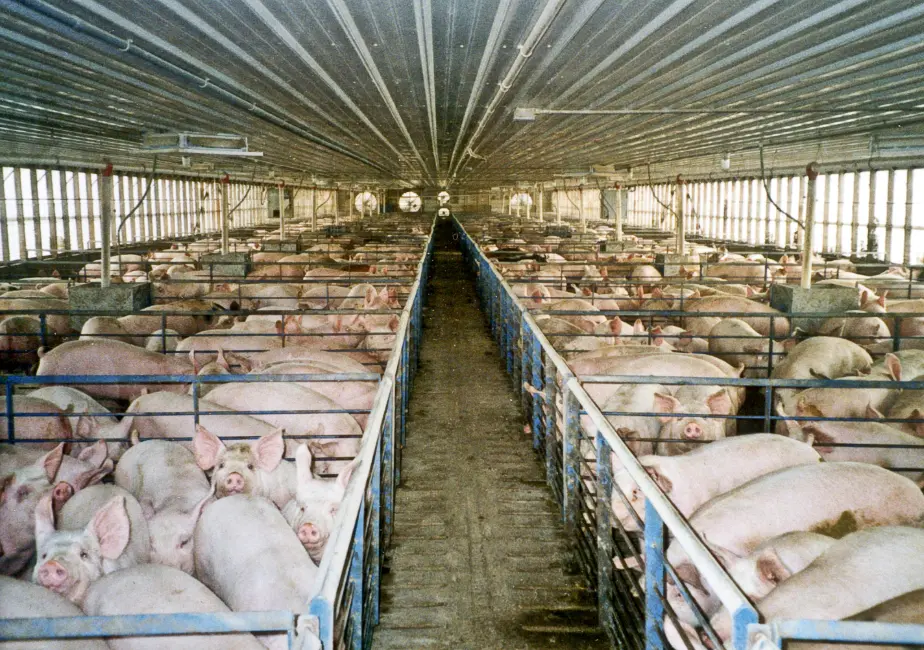Nigeria Urged to Rethink Industrial Animal Farming Over Environmental and Health Concerns
The Nigerian government is under pressure to reconsider its support for industrial animal farming, amid growing concerns over the sector’s negative impact on the country’s food systems, environment, public health, and agricultural sovereignty.
A recent stakeholders’ workshop, attended by experts from academia, government, civil society, and local farming communities from Nigeria and Kenya, highlighted the threat of industrial food colonialism through the entry of multinational meat corporations like JBS S.A. The Brazilian-based company plans to invest $2.5 billion in Nigeria and establish six industrial farming facilities across multiple states.
Stakeholders allege that JBS and similar corporations have a history of causing environmental destruction, deforestation, and human rights abuses. They also note that industrial animal farming poses significant risks to public health, including increased incidences of zoonotic diseases, antibiotic resistance, food contamination, and the production of nutritionally poor food products.
The Health of Mother Earth Foundation (HOMEF), which organized the workshop, is calling on the federal government to revoke JBS’s approval due to its documented history of environmental destruction, which has worsened climate change and socio-economic disruption in local communities.
Instead, the stakeholders are advocating for the government to support smallholder farmers through financial assistance and infrastructure development that empowers local food systems. They also urge the government to conduct comprehensive environmental impact assessments for proposed industrial farming projects and implement strict regulations on multinational food corporations.
The communique issued at the end of the workshop emphasized the need for academic and research institutions to prioritize research into sustainable, agroecological farming methods and expose the true costs of industrial animal farming on public health, the environment, and social issues.
As Nigeria considers its agricultural development strategy, stakeholders are urging the government to prioritize the well-being of local communities and the environment over the interests of multinational corporations. By promoting sustainable and equitable farming practices, Nigeria can ensure a healthier and more food-secure future for its citizens.
